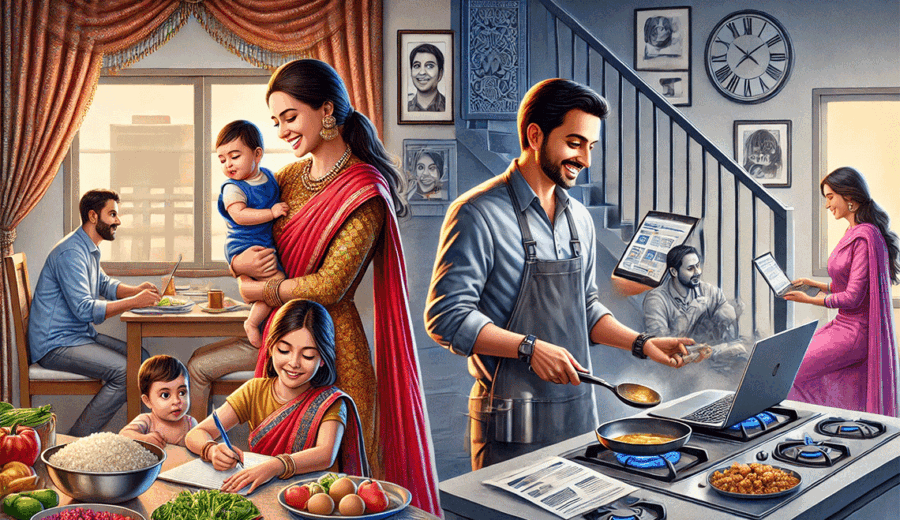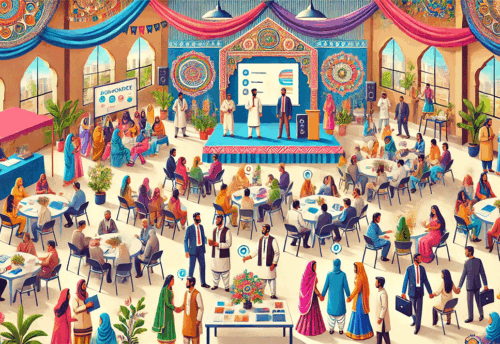
Gender Roles in South Asian Marriages
Gender Roles in South Asian Marriages
Gender roles in South Asian marriages have been deeply influenced by traditional norms, but modern dynamics are reshaping these expectations. From evolving definitions of marital responsibilities to the empowerment of women and shared family roles, the interplay between tradition and modernity is redefining relationships.
Traditional Versus Modern Expectations for Husbands and Wives
Historically, South Asian marriages were characterized by distinct gender roles based on cultural and religious traditions.
- Traditional Expectations:
- Husbands: Seen as the primary breadwinners and decision-makers, responsible for providing financial stability and protecting the family.
- Wives: Tasked with homemaking, raising children, and maintaining familial harmony. Their role was often defined by submission to elder family members and dedication to household responsibilities.
- Extended Family Dynamics: Women often catered to in-laws, while men handled external affairs and family finances.
- Modern Expectations:
- Husbands: Increasingly share responsibilities in childcare, household tasks, and emotional support.
- Wives: Pursue higher education and careers, challenging traditional norms of domesticity.
- Evolving Roles: Both partners are seen as equal contributors to financial, emotional, and family well-being.
While traditional expectations still exist in many households, the shift towards equality and partnership is evident, particularly among younger generations and in diasporic South Asian communities like the UK.
Women’s Empowerment and Changing Gender Dynamics
Women’s empowerment is transforming gender roles in South Asian marriages, fostering greater equality and independence.
- Education and Employment:
- Increasing access to higher education and professional opportunities has given women financial independence and decision-making power.
- Dual-income households are becoming more common, altering traditional economic roles.
- Social and Cultural Shifts:
- Advocacy for women’s rights and gender equality within South Asian communities.
- Growing representation of empowered women in media and literature, inspiring change.
- Challenges Faced:
- Cultural resistance from traditional family members who view empowerment as a threat to traditional values.
- Societal pressure to excel in both career and family roles, often leading to burnout.
- Positive Impact on Marriages:
- Mutual respect and collaboration have strengthened emotional connections between partners.
- Couples work together to navigate cultural expectations while fostering individual growth.
Balancing Career Aspirations and Family Responsibilities
One of the most significant challenges in modern South Asian marriages is achieving a balance between professional ambitions and family duties.
- Dual-Career Households:
- Couples often juggle demanding careers with parenting and caregiving responsibilities.
- Shared household chores and equal parenting roles are becoming the norm in progressive families.
- Cultural Expectations:
- Women may face pressure to prioritize family over career, especially during motherhood.
- Men may encounter criticism for taking on traditionally “female” responsibilities like cooking or caregiving.
- Strategies for Balance:
- Open Communication: Discussing and planning shared responsibilities as a couple.
- Flexible Roles: Redefining duties based on individual strengths and schedules rather than gender norms.
- Support Systems: Seeking help from extended family or professional services like daycare and domestic help.
Balancing career and family is challenging but achievable when both partners are committed to mutual support and respect.





Leave a Reply